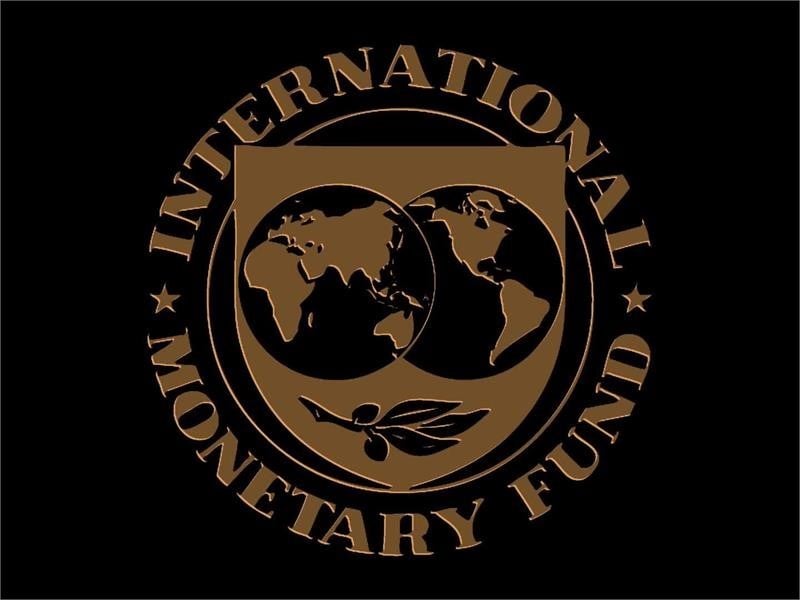Ghana’s economic recovery program, supported by the International Monetary Fund (IMF) through an Extended Credit Facility (ECF) arrangement, has reached a critical juncture. While demonstrating initial promise with higher-than-projected growth in 2024, driven by robust mining and construction activity, and significant improvement in the external sector due to strong gold and oil exports, the program encountered significant challenges towards the end of the year. These challenges, primarily fiscal slippages attributed to a surge in unpaid bills before the 2024 general elections, coupled with elevated inflation and delays in critical reforms, necessitate a recalibration of the approach to ensure the program remains on track. The IMF staff-level agreement for the fourth review of the ECF, pending Executive Board approval, would release further funds to support Ghana’s ongoing efforts.
The initial successes of the program, as noted by the IMF mission team, were encouraging. The increased export earnings and higher remittances contributed to a substantial accumulation of international reserves, exceeding the targets set under the ECF. However, these positive developments were overshadowed by the fiscal deterioration in the latter part of 2024. The substantial accumulation of payables, primarily due to pre-election spending pressures, resulted in a considerable deficit in the primary balance, significantly deviating from the targeted surplus. This underscored vulnerabilities in Ghana’s public financial management system and highlighted the need for more robust fiscal discipline.
Acknowledging the challenges, the newly elected government has initiated decisive measures to address the fiscal slippages and restore the program’s trajectory. A thorough audit of the accumulated payables has been launched to ascertain the precise scale and nature of the problem. Concurrently, the 2025 budget reflects a commitment to fiscal consolidation, targeting a primary surplus and incorporating substantial reforms to public financial management practices. These reforms include a strengthened fiscal responsibility framework and stricter regulations on expenditure commitments. The IMF mission emphasized the importance of further measures to address structural weaknesses in public financial management and procurement systems to ensure effective fiscal execution aligned with the program’s objectives.
Beyond fiscal consolidation, the government is also focusing on social protection measures to mitigate the impact of high inflation and the ongoing economic adjustments on vulnerable populations. The central bank, the Bank of Ghana, has implemented a tighter monetary policy stance, including interest rate hikes and a review of liquidity management operations, aimed at curbing inflation. These measures, along with the fiscal consolidation efforts, are expected to gradually bring inflation back to target levels.
The broader reform agenda also encompasses critical structural reforms to enhance governance, transparency, and the management of State-Owned Enterprises (SOEs), particularly in the gold, cocoa, and energy sectors. In the energy sector, the resumption of regular tariff adjustments, coupled with structural reforms, is crucial for reducing the sector’s financial shortfall and preventing further accumulation of arrears. Maintaining financial stability remains a priority, with ongoing efforts to recapitalize banks and strengthen public banking institutions.
A key element of Ghana’s economic recovery strategy is the comprehensive public debt restructuring program aimed at restoring debt sustainability. Significant progress has been made in this regard, with the signing of a Memorandum of Understanding (MoU) with Ghana’s Official Creditors Committee (OCC) under the G20 Common Framework. The focus now shifts towards finalizing bilateral agreements to implement the terms of the MoU. Simultaneously, the authorities are actively engaging with commercial creditors to reach an agreement on debt treatment that aligns with the program’s parameters and ensures comparable treatment across different creditor groups. Successful completion of this debt restructuring process is crucial for establishing a sustainable fiscal path and restoring investor confidence.
The IMF mission, having engaged with key Ghanaian authorities and stakeholders, including the Finance Minister and the Governor of the Bank of Ghana, commended the government’s commitment to the program and the constructive dialogue. The staff-level agreement signifies an important step forward, subject to IMF Executive Board approval, which would unlock further financial support for Ghana. The continued implementation of robust fiscal and monetary policies, coupled with progress on structural reforms and debt restructuring, will be essential for Ghana to navigate its current economic challenges and achieve sustainable and inclusive growth. The next phase will require steadfast commitment and effective execution of the agreed measures to ensure the program’s long-term success and build a resilient Ghanaian economy.














